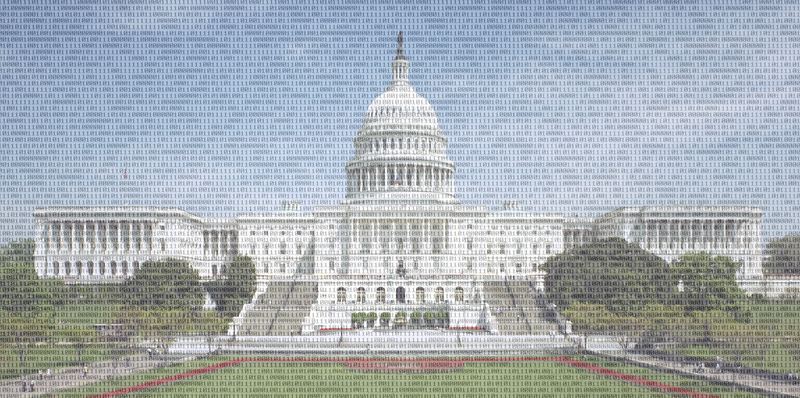Democracy depends on informed publics to function, but around the world, authoritarianism and populism are on the rise, increasingly using new technologies to censor, repress, surveil, and disinform the public.
This phenomenon is muddying the capacity of the public to be accurately informed and engage in collective action based upon shared, trustworthy facts, putting a much higher premium on the capacity of governments to connect with and serve those they govern through the dissemination of trustworthy information where and when the publics search for and discover it.
At the same time, public trust in government and institutions in general remains low, for good reasons: corporations have captured regulators and legislators. Corruption remains a huge problem in countries around the world.
In the United States, growing partisan polarization and illiberalism are exacerbating existing structural flaws in American democracy created by the deregulation of money in politics and gerrymandering.
This all adds up to a series of wicked problems, not just one, requiring systemic responses and reforms alongside targeted interventions. No single person or organization, much less project, will be sufficient to bring about the scale and scope of the measures required to heal these flaws – but that’s no reason not to stay scrubbed in and work in common cause, together.
Governing.Digital will pull together a unifying framework for a wide range of civic technology issues and then offer ways forward on each. This work will build upon the foundation of good government advocacy and entrepreneurial open technology policy the Sunlight Foundation advanced over the past decade, in particular the 2018 policy agenda that remains relevant in 2020.
Readers should expect us to focus on digital records reforms at the National Archives, digital accessibility, the implementation of the 2016 Freedom of Information Act, oversight of the Open Government Data Act, the DATA Act, U.S. participation to the Open Government Partnership, White House circulars and executive orders, and the Honest Ads Act, along with their descendants in states, cities, and other nations.
We’ll also be exploring related reforms relevant to transparency, democracy, and public information access from cities, states and around the world. In particular, we will focus on how proactive disclosures from private entities that host platforms for political speech or marketplaces improve public outcomes.
Wherever possible, we’ll ground these reforms within the context of their enactment and implementation. All laws are not created equal, nor are the code or regulators that carry them out.
As always, thank you for listening. Let’s get started.
